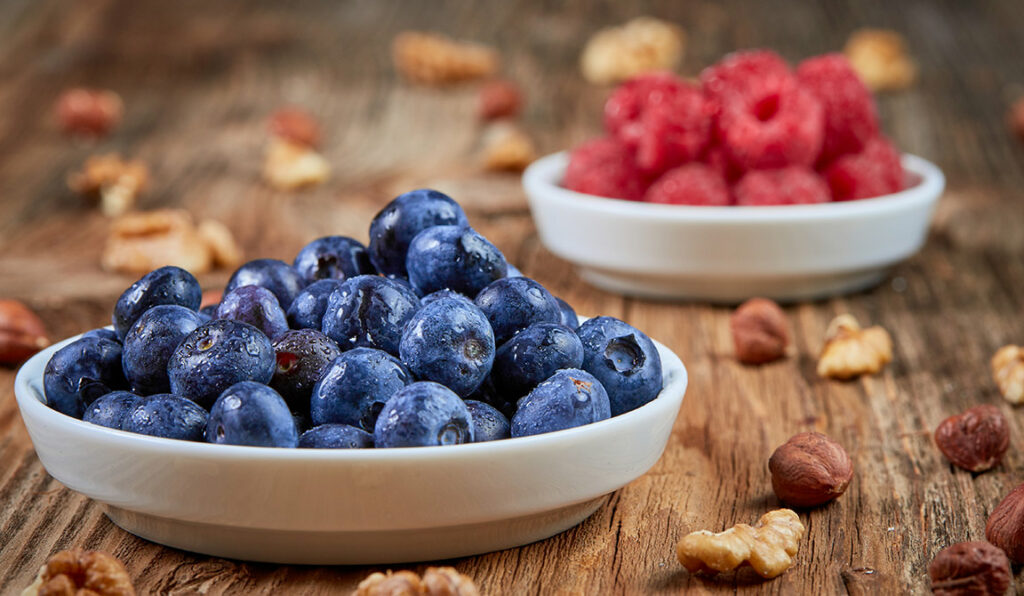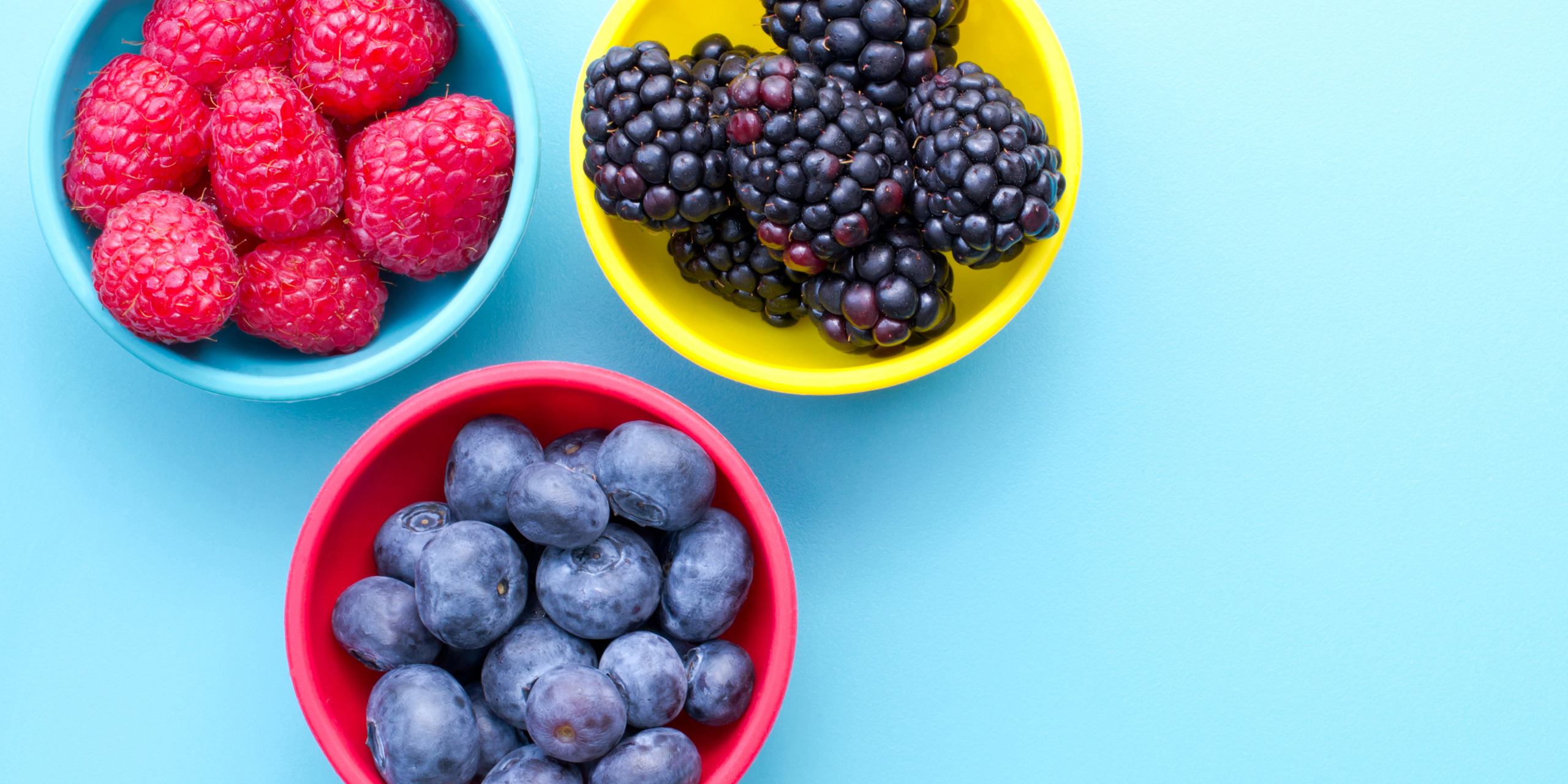Every so often a patient asks me, “What are antioxidants and why do I need them?” My answer is always the same. To understand what antioxidants are, you need to understand what a free radical is.
Let’s Start from the Top
Free radicals consist of harmful molecules that are missing electrons. Electrons typically come in pairs. This lack of electrons cause the molecule to be highly reactive and cause damage by attacking the most basic parts of our healthy cells causing what is considered “oxidation”. Oxidation can set off an entire cascade of chemical reactions causing damage. Free radicals can even cause cancer.
Ways we encounter free radicals every day:
Cigarette smoking
Airborne emissions/pollution
Chlorination
Ultraviolet radiation
Herbicides & pesticides
Free radicals aren’t entirely bad. There are some body systems that require free radicals to complete their processes. They actually play a role in the immune response to fight off viruses and bacteria and they start the process of inflammation that helps to repair injuries. However free radicals obtained from the sources above definitely cause premature aging and disease, so we fight these with antioxidants.
What Antioxidants Do
Antioxidants basically have the ability to “render harmless” free radicals. They provide the missing electron or break down the free radical molecule. This then stops the cascade of chemical reactions (oxidation), thus the name, anti-oxidant. This process depletes the antioxidants, to where there are none remaining and must be replaced.
Where Do I Get Antioxidants?
Antioxidants are found in most fruits, vegetables, and nuts. Vitamins such as A, C, and E have antioxidant properties. Some foods that have more antioxidants are:

- Blueberries
- Dark Chocolate
- Pecans
- Artichoke
- Kidney
- Beans
- Cranberries
- Blackberries
- Cilantro
Antioxidants are also available in supplement form. Remember to talk to your doctor before adding any supplement to your diet. Just to name a few antioxidant supplements.
1. Glutathione is truly the master of all antioxidants, glutathione boosts the activities of all other antioxidants and vitamins. Up until a few years ago, glutathione was not stable when taken orally. However recent advances have created S-Acetyl Glutathione that can be taken orally and has proven to boost the body’s antioxidant levels.
2. Vitamin C has been shown to regenerate other antioxidants in the body including Vitamin E. It is not made by the body and must be consumed in food or by supplementation.
3. Curcumin comes from Turmeric which is a member of the ginger family. Its roots are dried and ground into an orange-yellowish powder. Curcumin has been shown to inhibit certain enzymes that cause inflammation in the body.
Because antioxidants are depleted when fighting free radicals, you want to be sure to eat a balanced diet that includes fruits, vegetables, and nuts every day to replenish your fighting power. If you are using a supplement as well, be sure to check with your doctor and chose a high-quality supplement brand (preferably pharmaceutical grade). Let’s do everything we can to keep ourselves healthy and young for as long as possible!
May you have continued good health,
Dr. Melissa Miskell



